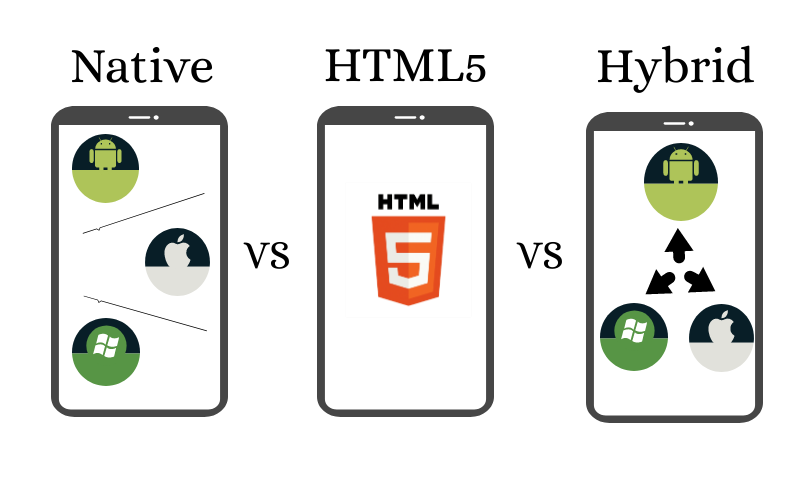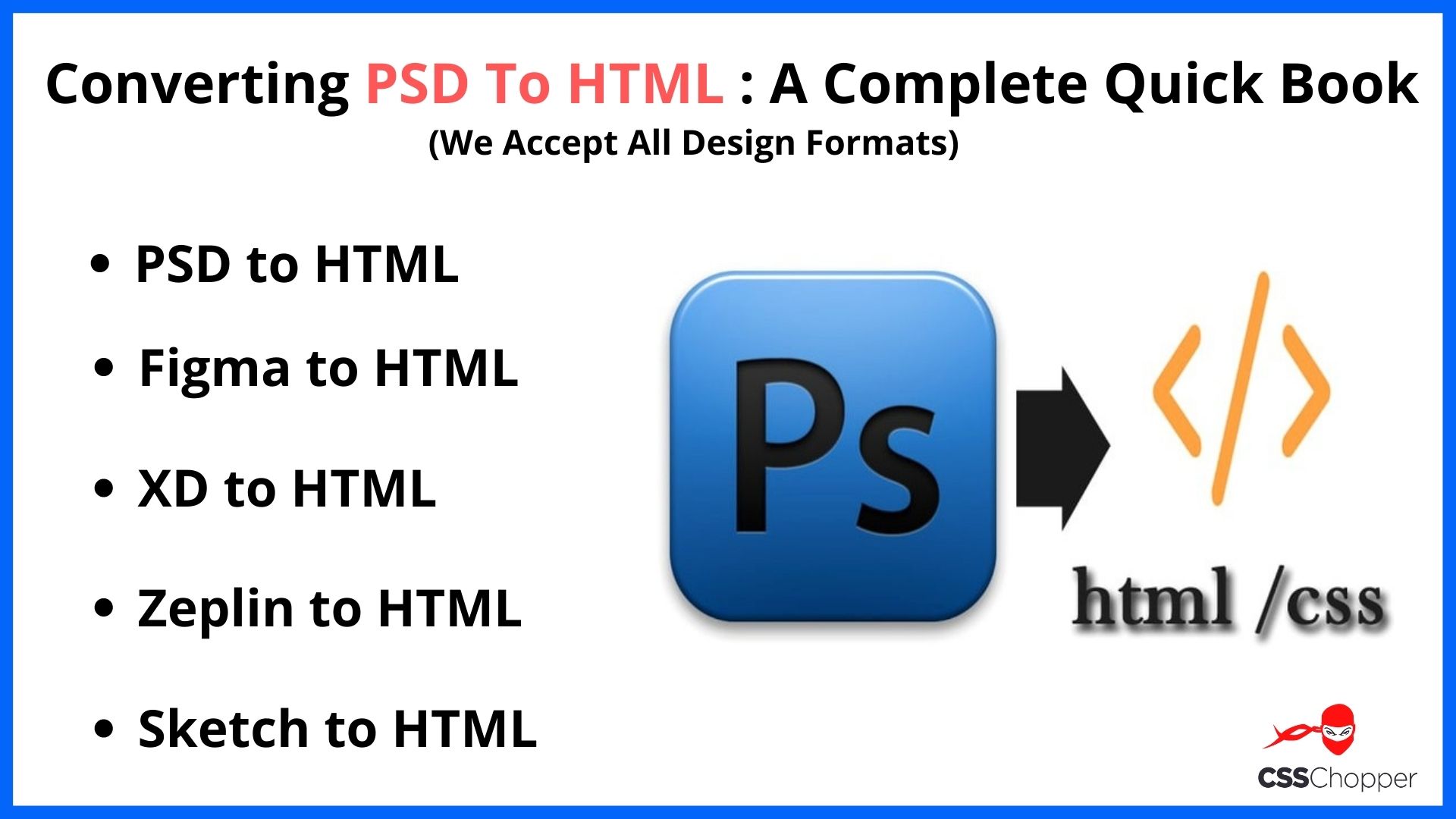A sharp competition is being seen among Native, HTML5, and Hybrid mobile apps. Three of these are trying to prove their best capabilities with their own unique features. Living in an era where screens are getting smaller and applications are turning bigger, people are not left with the selection of mobile applications, but their use has become imperative for them. But, the question is, what is best to use? Let’s have a detailed overview of all these applications:
Native mobile apps are built with the use of the native programming language of the mobile operating system, such as Xcode and Objective-C with iOS, .NET C# on Windows, Java on Android, etc. Makers of mobile operating systems render a native SDK that is fully incorporated with the operating system in order to go along with each and every feature of the mobile devices.
There are some features that can only be expected from a Native application, these are:
Hassle-Free Use: Usually, people are used to going along with native apps as they are familiar with their usage.
Amazing Performance and Multi-Touch: Above the base operating system, there are no layers to navigate that render uninterrupted performance. Pinch-spread, double taps, and UI gestures all can be attained with these applications.
Device Hardware Access: It allows users to access accelerometer, printers, camera, bar code readers, etc. This is useful at various business platforms.
In-built Features: The geolocation, address book, camera, and many other features native to the device can be flawlessly incorporated into mobile apps.
Documentation Aspect: There are over 2500 books that can be counted solely for Android and iOS development with numbers of blog posts, articles, and detailed technical threads on websites such as StackOverflow.
HTML5 the newest version of HTML is developed using advanced web technologies like JavaScript, CSS, etc. This mobile development offers cross-platform mobile applications that are able to work on various devices. Developers can also show their creativity by building modern apps with JavaScript and HTML5. This technology leaves behind Native apps in terms of offering a persistent layer for developers to exploit.
HTML5 mobile app is also blessed with many advantageous factors such as:
Cost-Effective: Once a software application is written, it runs on different devices platforms. In this way, the software and maintenance cost of application is reduced automatically.
Compatibility Aspect: As HTML5 is compatible with most of the modern browsers so these applications can be run on any browser and multiple device platforms. Dedicated HTML5 Developer is hired to accomplish this important task in an effective manner.
Different UI Frameworks: In order to tackle the complicated issues, it is integrated with different UI frameworks. For instance, JQuery Mobile and Sencha Touch offer various mobile components with a huge selection of plugins that provide elaborate controls, carousels, etc.
Hybrid mobile applications are defined as a conjunction of HTML5 and native technologies, making it possible for developers to access native features through JavaScript, writing HTML5 applications. Using different frameworks, the conjunction of native Application Programming Interfaces (APIs) is possible, which moves ahead by exposing the APIs as JavaScript APIs. Combining both Native and HTML5 worlds, Hybrid apps endeavor to offer the best.
Hybrid app development, which is a combination of both HTML5 and Native apps, is defined as a web app that offers native platform features with the use of HTML5 and JavaScript. PhoneGap can be stated as the best example of building hybrid mobile apps.
This application is known for offering the best of HTML5 and Native apps. Using this, developers are able to create wonderful layouts with CSS, optimize JavaScript, and much more.
On a concluding point, it can be said that while comparing features of all these applications, it becomes clear that none of these applications can be marked the best or worst, as they have their own advantages and disadvantages. For instance, connectivity for Native apps is online and offline, in HTML5 it is mostly online, and in Hybrid apps, it is both online and offline. Calendar and contacts can be accessed on both Hybrid and Native apps, while users cannot access these on HTML5. In terms of performance, Native is fast while HTML5 and Hybrid are comparatively slow. Thus, these three get success over others on the basis of the user’s actual requirements.
Tags
Categories
Recent Posts
Popular Posts
- How to Choose a Reliable Offshore Development Partner?
- Transforming Web Development with HTMX’s Declarative Approach for Dynamic UIs
- Why Your Conversion Funnel Needs a Composable Commerce Solution?
- How to Outsource Web Development in 2025: Complete Guide
- What are the Top Web Development Trends for 2025?




